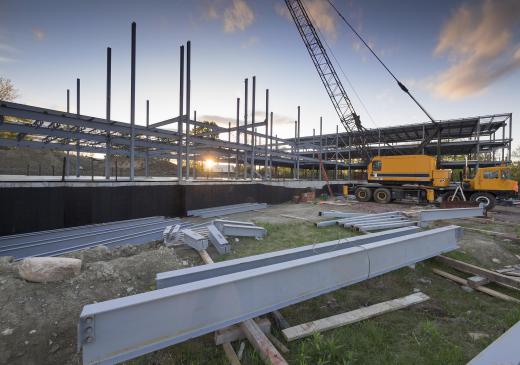A construction delay is anything that impedes the ability of a contractor to maintain a schedule. There are some basic construction delay types, with critical and non-critical, concurrent and non-concurrent and excusable and non-excusable making up the majority of the delays. The final type of delay is the most concerning to both the contractor and the client in many cases; this is the excusable and non-excusable construction delay. This type of delay defines, in many instances, who pays the added costs attributed to the delay in progress. Most construction sites operate on a very strict timetable and a single sub-contractor's delay in completing a component of the overall build will typically take a monetary-toll on all other contractors.
As with anything, the unforeseen delay or problem on a construction site is inevitable. This is due to several factors, with confusion or lack of communication being a major contributor to most construction delay issues. In an effort to combat this issue, most contractors will calculate a small amount of time wasted into any schedule that may be created. The problem with a construction delay is that the delay can add up to a large amount of penalty dollars for everyone involved. This cost comes directly out of any profit that was to be made by the contractor.

It is very rare, in the modern construction world, for a single contractor to complete every phase of a construction project. The task of completing many small jobs falls on the shoulders of sub-contractors or independent contractors who are willing to work temporarily for the general contractor. These smaller units create a schedule according to the time frame they are given to complete a job. Any construction delay that causes the smaller sub-contractor to wait, prior to beginning a job, also gives the sub-contractor less time to complete his task.

It is very common for a construction crew to be penalized when failing to meet a deadline. This penalty is typically a monetary fine calculated on a revolving rate and increased at a predetermined rate until the job is satisfactorily completed. Often, this penalty for a construction delay can be levied in large monetary increments that will be assessed every hour or day that the job fails to be completed. The ultimate price that is paid for a construction delay is the reputation of a company. Repeated cases of construction delay could cost the contractor an enormous price in the form of being blacklisted from being hired for any further construction opportunities in the immediate area.
